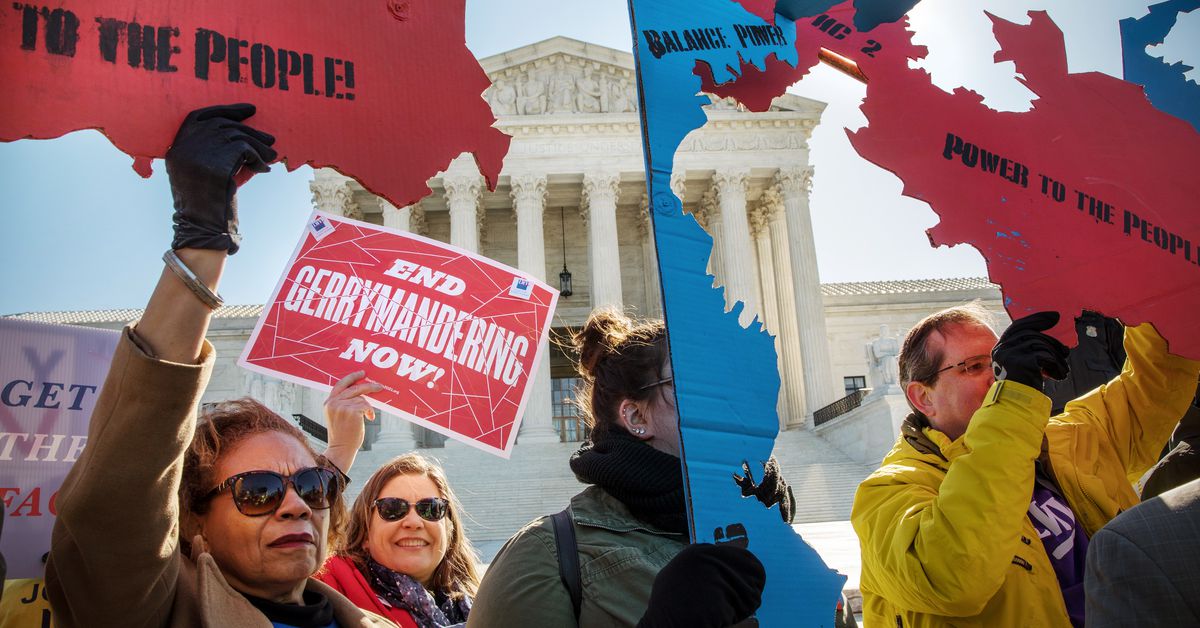berg80
Diamond Member
- Oct 28, 2017
- 14,784
- 12,204
- 2,320
- Thread starter
- #141
This is what makes the decision on Moore v Harper so potentially dangerous.

 www.vox.com
www.vox.com
The ruling the SC has no place ruling on gerrymandering cases sets up actions taken by legislatures as unreviewable by any entity should the Court give them unilateral power. Not just to gerrymander but to set election laws.

The Supreme Court just said federal courts can’t stop partisan gerrymandering
It was a 5-4 ruling, with the conservatives in the majority.
 www.vox.com
www.vox.com
The ruling the SC has no place ruling on gerrymandering cases sets up actions taken by legislatures as unreviewable by any entity should the Court give them unilateral power. Not just to gerrymander but to set election laws.

